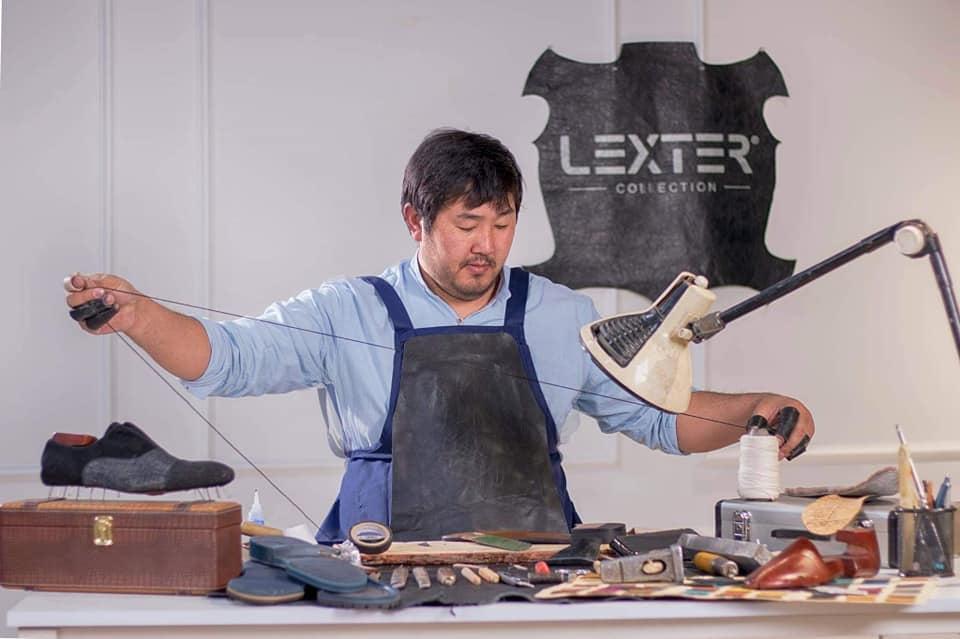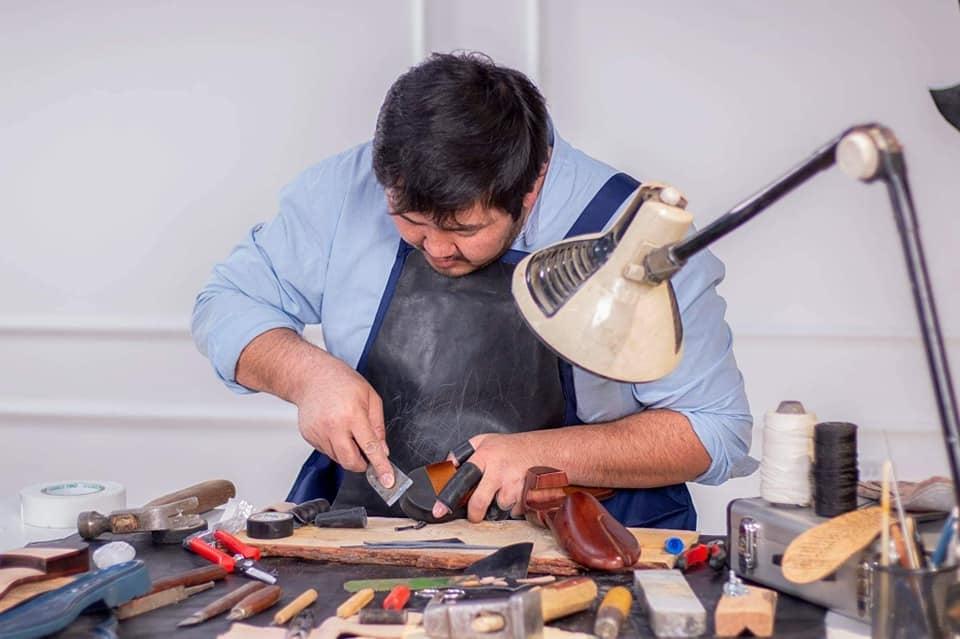Giving products a longer life
Probably the most important step in reducing the environmental impact of our industry is to go from the old "take, make and dispose" thinking to a circular business model. This means for example making production efficient and recycling materials for as long as possible. We are doing our best to go in the right direction. Here are a few examples of things we do:
-
Recycling: we’re starting to use more recycled fabrics – mostly recycled polyester and wool. Salewa’s iconic Sarner jacket is made in Italy and its wool is 100% recycled from discarded woolen products.
-
Upcycling: we’re creating products from production leftovers, reusing materials that would have otherwise gone to waste. A couple of examples are the Salewa and Dynafit smartphone insulators made from leftover materials from the production of other products. Pomoca also gives a new life to the skin waste created during production by partnering with Skinalp to make keychains, bags and wallets.
-
Optimizing production: Pomoca conducted a Life-Cycle Assessment (LCA) on its bestselling skin to find the biggest impact through the lifetime of the product. Thanks to the results of the study, we were able to optimize the cutting process of the skins and are now saving 5-8% more material during production.
-
Lifetime guarantee:starting from the 1st of November 2019, Dynafit has started offering 10-year lifetime guarantee for its bindings. Dynafit is assuming full responsibility for repair or replacement of the bindings and with this service is helping to extend the lifetime of the products.
-
Resoling: Evolv operates its own US climbing shoe resole operation which resoles thousands of pairs a month for end consumers and climbing gyms. This is Evolv's way of encouraging the revival of used products and the reduction of product waste.
Reducing our carbon footprint
We're mountaineers and mountain sport specialists, spending most of our time working and living among nature and the mountains. That makes us feel particularly responsible to protect the environment.
Some of what we've achieved so far:
- Our Code of Conduct, which all suppliers sign and agree upon, sets environmental protection as one of the standards.
- A majority of our suppliers are committed to using the Higg Index as a way to transparently share, benchmark and track the environmental performance of our supply chain.
- Our car-free to work competition rewards employees who opt out of commuting to and from work by car. In 2018, together we commuted car-free for a total of 47,918 km, resulting in an estimated saving of 11.02 tonnes of CO2 emissions.
- As of 2017, we only use LED lighting in all new or renovated shops.


